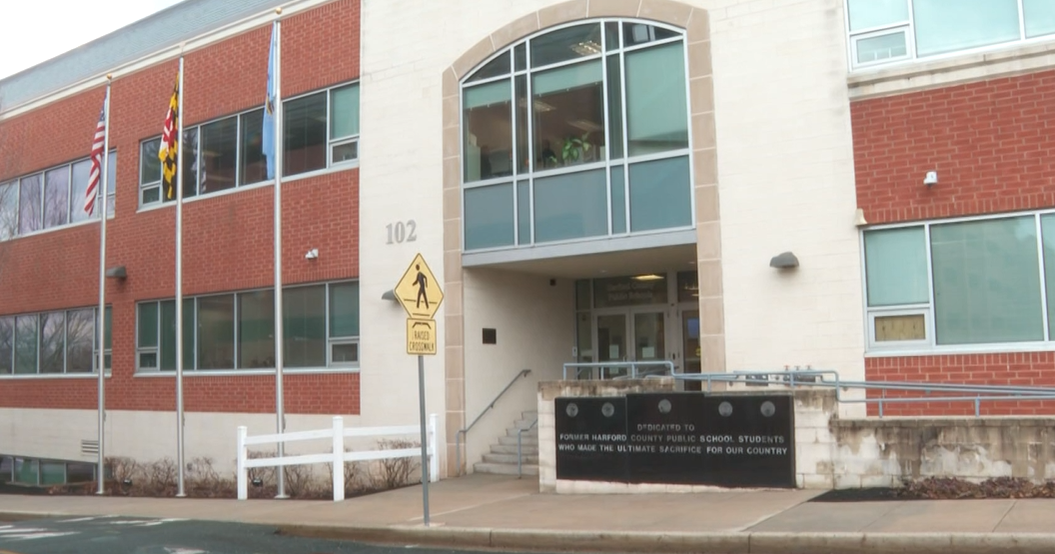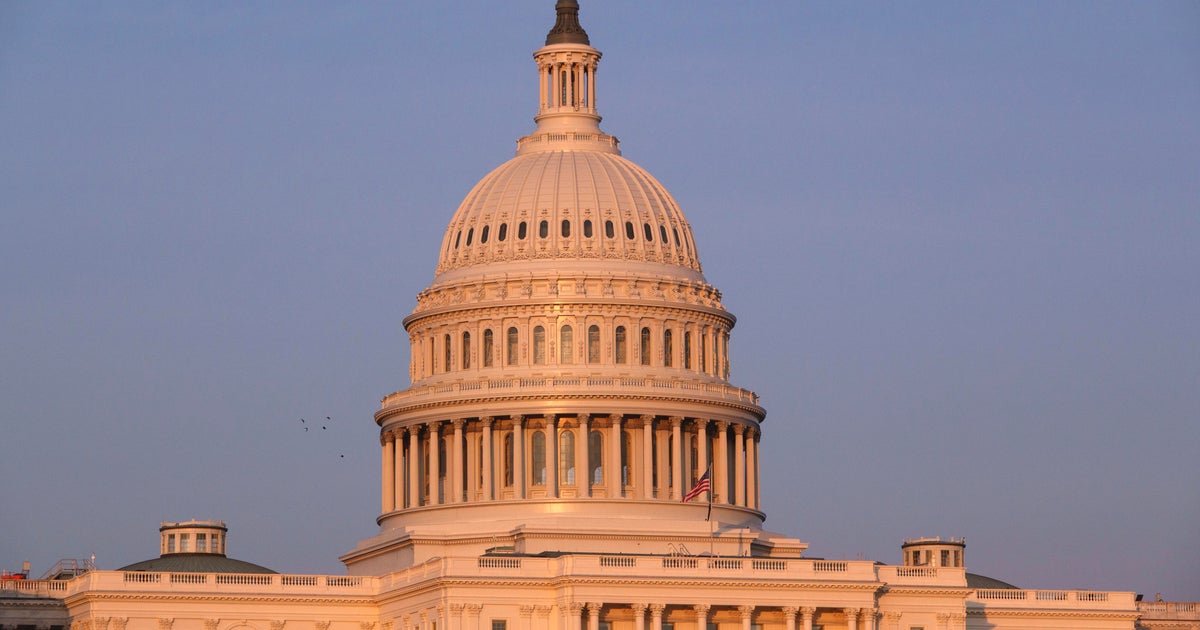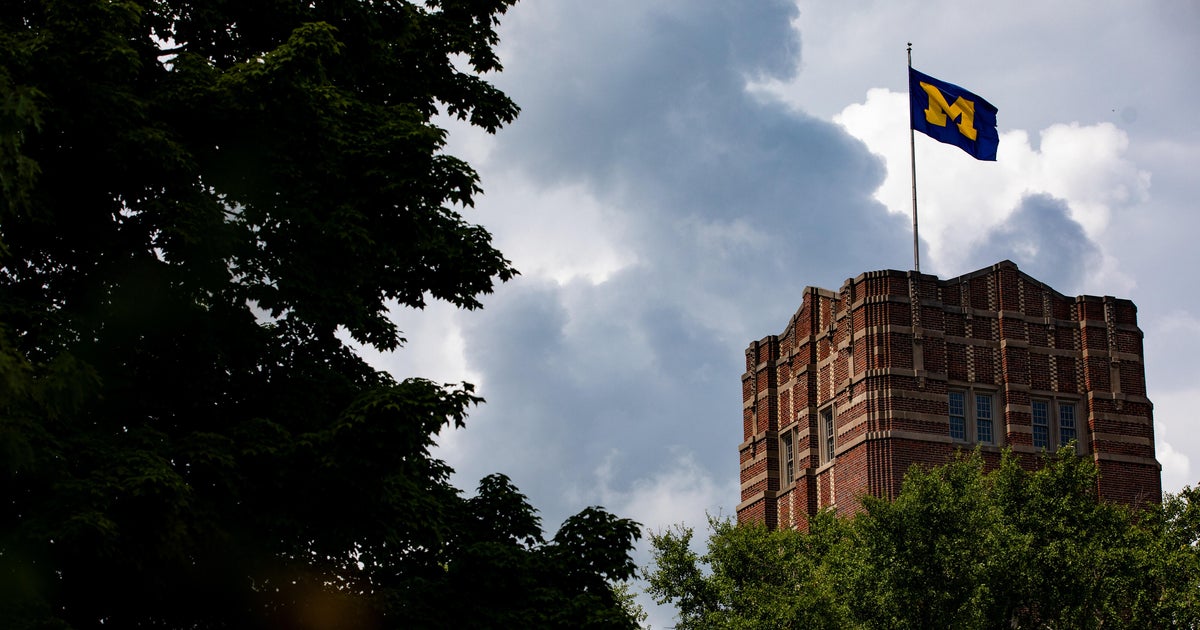Gov. DeSantis nears takeover of Disney government
TALLAHASSEE - Governor Ron DeSantis moved closer to taking over Walt Disney World's self-governing district Thursday after House Republicans approved legislation meant to punish the company over its opposition to the law critics have dubbed "Don't Say Gay."
The bill would leave the district intact but would change its name and require DeSantis to appoint a five-member governing board. Board members are currently named through entities controlled by Disney and are tasked with overseeing the government services the district provides in the company's properties in Florida.
For DeSantis, the legislation is a victory on the nation's cultural battlegrounds, where he has harnessed political tensions on gender, race and education to bolster his position as a conservative firebrand while on a path toward an expected 2024 White House run.
The takeover was initiated last year when Disney publicly opposed "Don't Say Gay," which bars instruction on sexual orientation and gender identity in kindergarten through third grade and lessons deemed not age-appropriate.
DeSantis moved quickly to retaliate against the company, directing lawmakers to dissolve the district during a special legislative session in April, beginning a closely watched restructuring process.
Last week, the Republican leaders of the House and Senate, in coordination with the governor, ordered lawmakers to return for another special session to complete a state takeover of the district, taking up a bill that would preserve its operating functions and financial responsibilities.
The legislation is all but certain to pass in the statehouse, where a Republican supermajority is eager to carry out the governor's agenda. Democrats have widely criticized the legislation as a retaliatory power grab by the governor but are powerless to do much else other than delay its passage.
"This bill sends a message from the governor to businesses in our state that if they dissent, they will be punished," said Rep. Rita Harris, a Democrat. "And this is chilling. It's not just chilling to me, it's chilling to freedom of speech."
The penalizing of Disney, one of Florida's biggest employers and political donors, reinforces the governor's combative leadership style and displays his willingness to leverage the power of state government against a perceived political foe.
DeSantis has already begun touting the move against Disney as a political win during his public appearances, telling a cheering crowd of supporters Wednesday, "So, there's a new sheriff in town, and that's just the way its going to be."
The creation of the Reedy Creek Improvement District, as the Disney government is currently known, was instrumental in Disney's decision to build near Orlando in the 1960s, when company leaders told the state they planned to build a futuristic city - the Experimental Prototype Community of Tomorrow, also known as Epcot.
The proposed city was to include a rapid transit system and urban planning innovations, so Disney needed autonomy in the district for building and deciding how to use the land, they said. The futuristic city never materialized, and instead Epcot morphed into a second theme park that opened in 1982.
Having a separate government allows the Disney government to issue bonds and provide zoning, fire protection, utilities and infrastructure services on its land. Republican critics of the district argue it gives Disney a commercial advantage unavailable to others.
"Any time a corporation can self govern, like they have the last 55 years, it's an advantage over any of their competitors," said Rep. Fred Hawkins, a Republican who sponsored the bill.
The bill, aside to having the governor pick board members, would rename the district as the Central Florida Tourism Oversight District and make it subject to various layers of state oversight. It also prevents people who have worked with or contracted with a theme park in the past three years from serving on the district's new governing board.
The legislation must now pass the state Senate.







